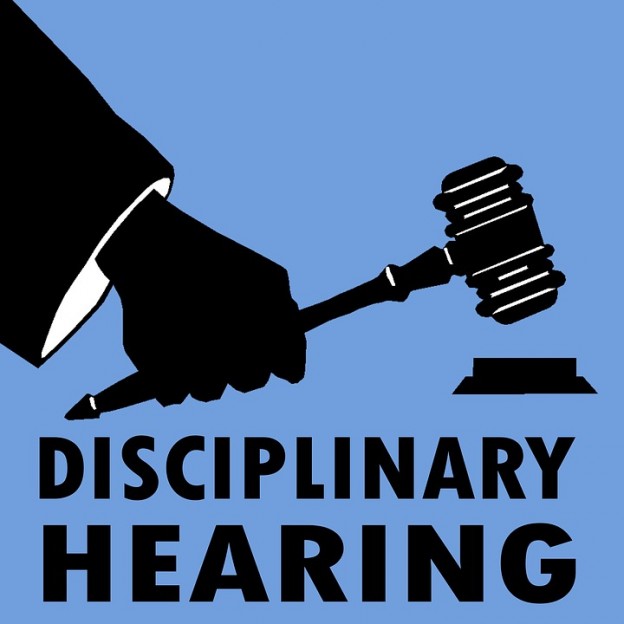As we kick off the new year, it’s a good time to review your Contracts of Employment, Policies and Data Protection compliance and make sure they are up to date and effective for your business. We can help you to ensure that your contracts and policies are legally compliant and effective in protecting your business as well as managing employees going forwards.
Whilst we all tend to think of a contract as a paper document, it can also be based on verbal agreements, which are called implied terms (being the duty of trust between employer and employee). And as employment law is regularly updated with new regulations, a regular review of an employment contract can help protect your rights and entitlements as an employer, as well as those of your employees. Of course don’t forget that terms of employment under a contract should be varied if both you and your employee agree to a variation, although sometimes businesses can force through a change.
Fit for purpose
In the last 12 months, there have been regulatory and employment law developments, so it’s worth checking that when it comes to your employees, your contracts are still in good shap and reflect the working arrangements. Here are some issues and areas that might necessitate a review.
• From April 2020, all new employees and workers have the right to receive either a Contract of Employment or a statement of written particulars on or before their first day of employment. Before this an employer had 8 weeks to do this.
• If your organisation has had a structural reorganisation, merged with another company, sold specific divisions, relocated the workforce or you have had to make redundancies terms and conditions may have changed.
• If you have experienced any disputes around current employment contracts, make sure that you double check that contracts are accurate when it comes to salary/pay, holiday, annual leave entitlement and pay, equal pay or flexible working requests.
It’s not just your employment contracts…
As well as reviewing your contracts, you might want to check a few other important documents and policies. We encourage you to:
1. Ensure your Company Handbook is up to date.
2. If you don’t have a Company Handbook, make sure that important policies, including Internet, Email, Social Media, Computer and Privacy are accurate, up to date and in place.
3. Check that your Company’s General Data Protection Regulations (GDPR) compliance is still effective.
Remember when it comes to contracts, policies and regulations, it’s worth making the effort now to safeguard against future misunderstandings and any potential issues or disputes. For professional HR and Employment Law advice, guidance and support, please get in touch by emailing caroline@employmentlawsupport.co.uk or telephone 01327 317537.











